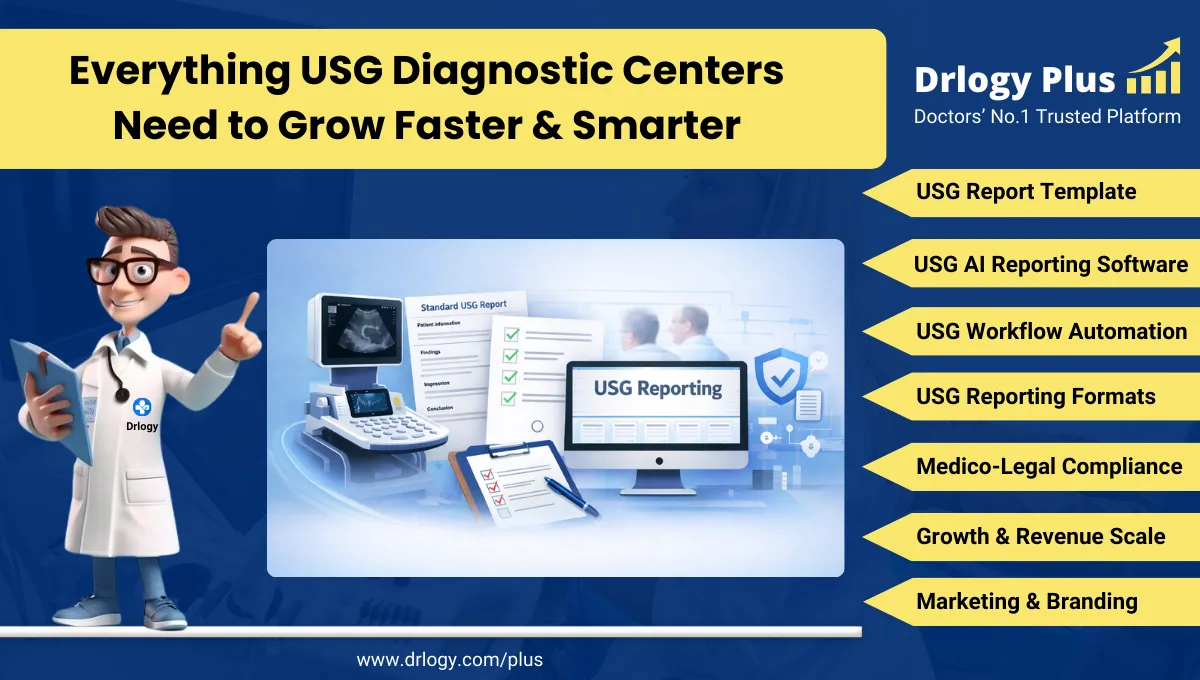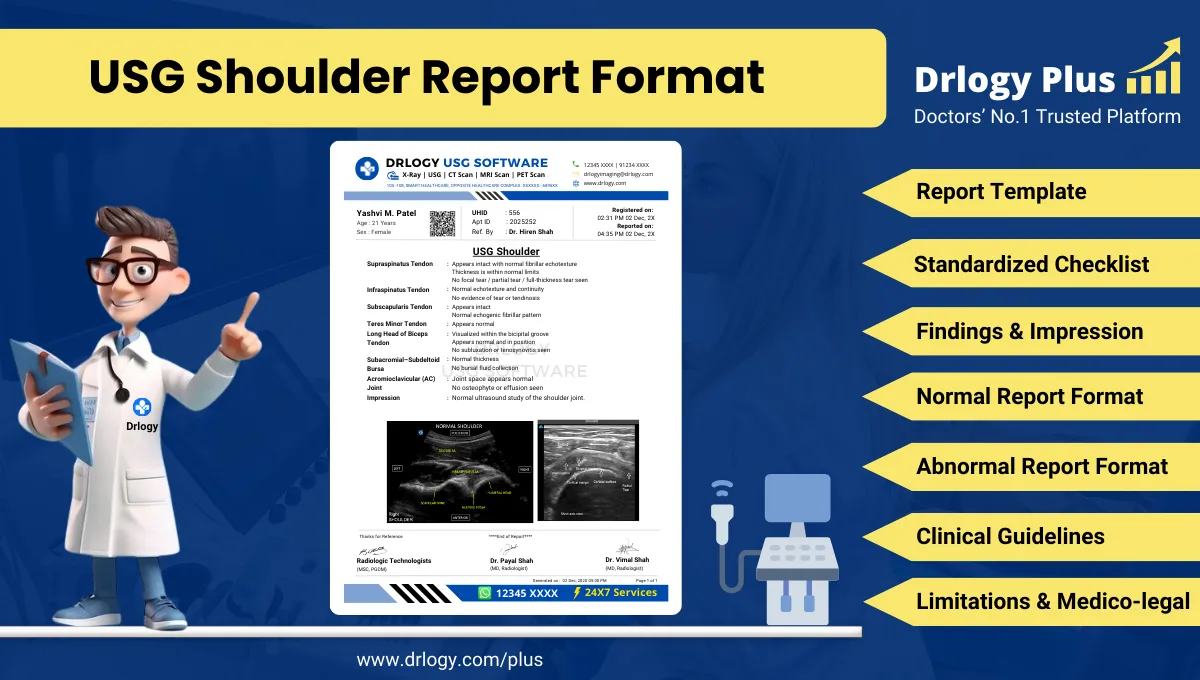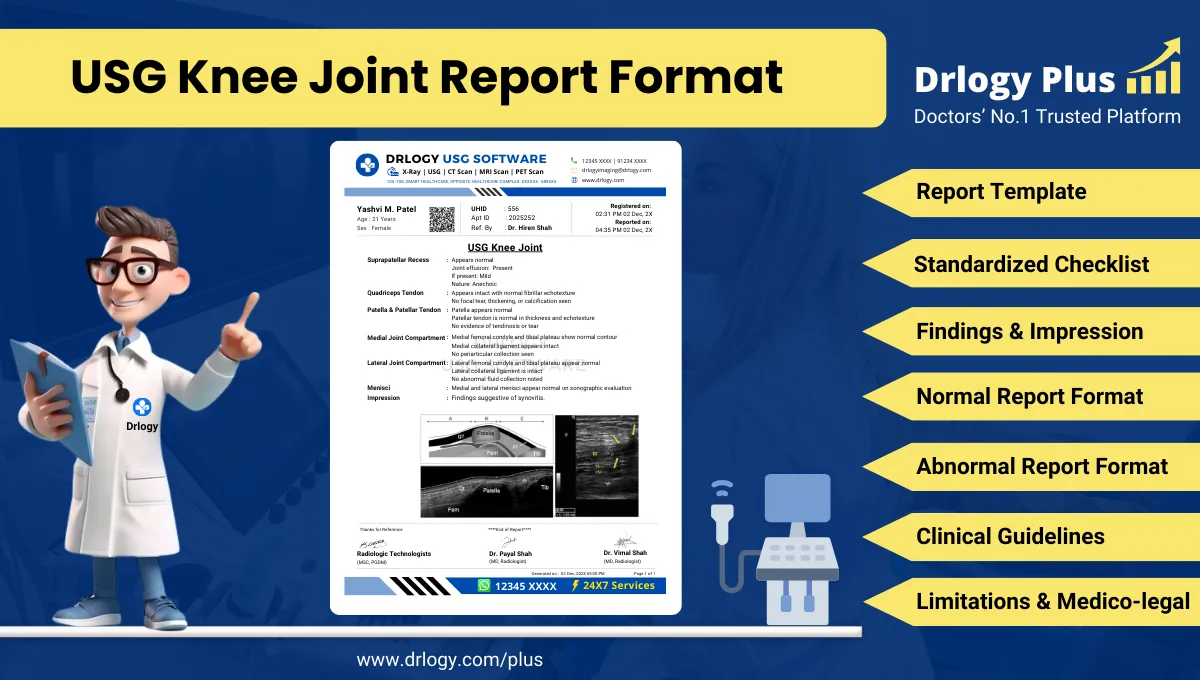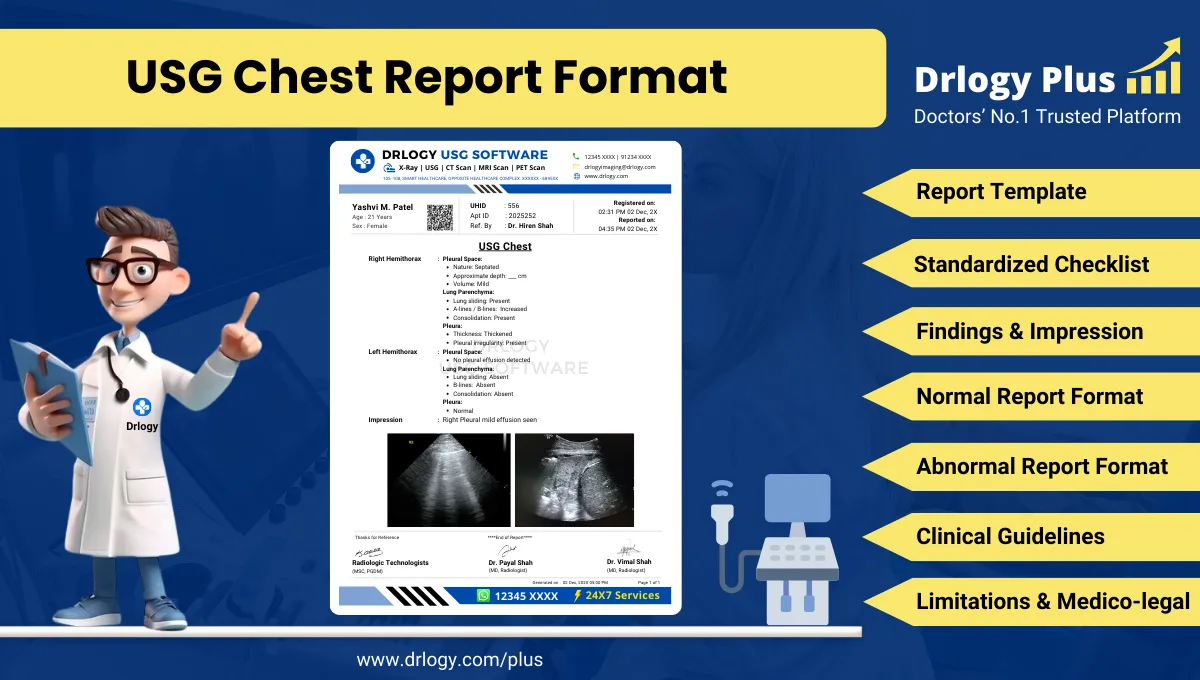

Drlogy
Healthcare organization
Why Data Security Feature Must In Dental Practice Management Software
Data security is a top priority for dental practices, as they handle sensitive patient information.
Check:
Dental practice management software equipped with robust security features ensures compliance, prevents breaches, and safeguards patient data.
10 Best Data Security Features for Dental Practice Management Software
Check 10 Best Data Security Features for Dental Practice Management Software.
1. Data Compliance
Ensure adherence to healthcare data privacy regulations.
- Complies with regular data standards for secure handling of patient data.
- Protects electronic dental health records from unauthorized access.
- Encrypts patient information during transmission and storage.
- Includes audit trails for tracking access and modifications to sensitive data.
- Ensures regulatory compliance and avoids penalties for non-compliance.
2. End-to-End Data Encryption
Safeguard data at all points of communication.
- Encrypts data during storage and transfer, preventing interception.
- Secures sensitive dental information, such as patient records and treatment plans.
- Protects communication between dental staff and patients.
- Ensures encryption extends to backups and archives.
- Reduces risk of unauthorized access or data leaks.
3. Multi-Factor Authentication (MFA)
Enhance login security with multiple authentication layers.
- Requires two or more authentication methods for accessing the software.
- Uses a combination of passwords, biometric scans, or one-time codes.
- Prevents unauthorized access to dental records and billing data.
- Protects against password-related breaches.
- Increases security for both in-clinic and remote access.
4. Role-Based Access Control (RBAC)
Limit data access based on users.
- Assigns permissions based on job responsibilities, such as dentists, assistants, or admins.
- Restricts sensitive data access to authorized personnel only.
- Protects confidential financial and patient health information.
- Tracks user activities with-specific audit logs.
- Enhances internal data security by minimizing exposure.
5. Data Backup and Recovery
Ensure data availability during emergencies.
- Automatically backs up patient and financial data at regular intervals.
- Stores backups securely on cloud servers or external storage.
- Provides recovery options in case of data loss due to cyberattacks or hardware failure.
- Ensures quick restoration of dental practice operations.
- Protects against accidental deletions or ransomware attacks.
6. Firewall and Intrusion Detection
Block unauthorized access to systems.
- Monitors incoming and outgoing network traffic for threats.
- Identifies and blocks malicious activities targeting dental software.
- Provides alerts for potential security breaches or vulnerabilities.
- Safeguards dental practice data from cyberattacks and malware.
- Enhances overall network security with real-time monitoring.
7. Audit Trails
Track and monitor all activities within the software.
- Records user actions, including login times, data access, and modifications.
- Provides detailed logs for investigating security incidents or breaches.
- Ensures accountability byentifying unauthorized access attempts.
- Helps dental practices comply with legal and regulatory requirements.
- Offers insights into system usage for optimizing security policies.
8. Secure Patient Communication
Protect data shared between the clinic and patients.
- Encrypts email and messaging platforms used for patient communication.
- Ensures security for appointment reminders, treatment details, and follow-ups.
- Implements secure portals for sharing prescriptions or lab reports.
- Prevents interception of sensitive dental information.
- Builds patient trust by prioritizing their data privacy.
9. Regular Software Updates and Patches
Stay protected against evolving threats.
- Regularly updates software to address vulnerabilities and bugs.
- Ensures compatibility with the latest security standards.
- Protects dental data from emerging cyber threats.
- Notifies users about available updates for immediate action.
- Reduces risks associated with outdated or unpatched software.
10. Data Anonymization for Research and Reporting
Protect patiententity in non-clinical use.
- Removesentifiable information when generating reports or conducting analysis.
- Ensures compliance with privacy regulations for data sharing or research.
- Allows safe usage of data for performance insights or academic purposes.
- Enhances security for shared information during collaborations.
- Builds confidence in handling patient data responsibly.
Drlogy Dental Practice Management Software Features Guide
Here's a full guide for the 14 best Dental Practice Management Software features.
| 1. Appointment | 8. Reporting |
| 2. Dental Charting | 9. Data Security |
| 3. EMR | 10. Patient Portal |
| 4. Patient Management | 11. Staff Management |
| 5. Billing | 12. Patient Followup |
| 6. Patient Feedback | 13. Customer Support |
| 7. Prescriptions | 14. Communication |
Summary
Overall, Incorporating these robust data security features into dental practice management software ensures the protection of sensitive patient information, compliance with regulations, and a secure environment for efficient dental operations.
Check Drlogy Dental Software Features Guide for offers comprehensive efficient patient management in dental practice management.




